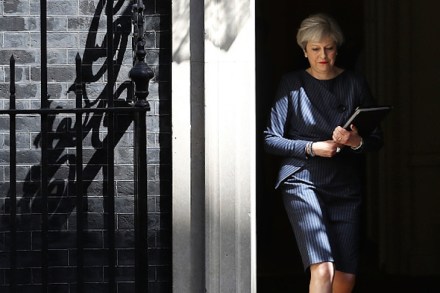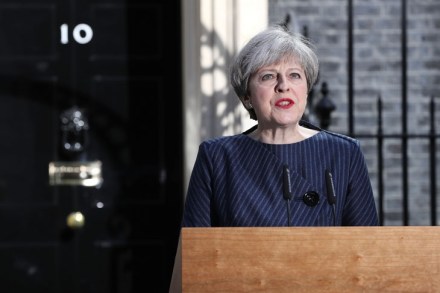Theresa May hits out at the ‘bureaucrats of Brussels’, full transcript
I have just been to Buckingham Palace for an audience with Her Majesty The Queen to mark the dissolution of this Parliament. The 2015 Parliament is now at an end, and in 36 days the country will elect a new Government and choose the next Prime Minister. The choice you now face is all about the future. Whoever wins on 8 June will face one overriding task: to get the best possible deal for this United Kingdom from Brexit. And in the last few days, we have seen just how tough these talks are likely to be. Britain’s negotiating position in Europe has been misrepresented in the continental press. The European Commission’s negotiating stance




















